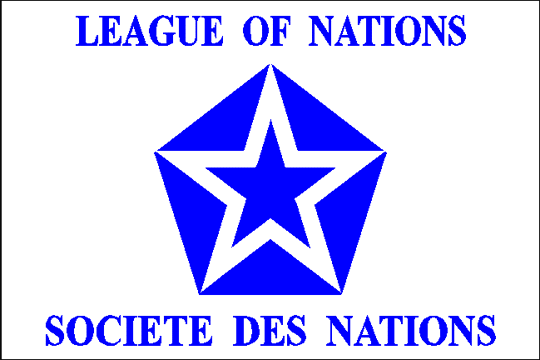Why was the League of Nations created?
Before WW1, the alliance system was in place which divided Europe into 2 main alliances: The Triple Entente and the Central Powers. These alliances were where the main powers had agreed to have each other's backs, meaning that if one of the countries were in the midst of a dispute, the entire alliance would have to come in to help sort it out. However, the alliance system had led to WW1. After the murder of Duke Franz Ferdinand, a dispute of 2 countries had led to the dispute of the entire world.
However, the alliance system had led to WW1. After the murder of Duke Franz Ferdinand, a dispute of 2 countries had led to the dispute of the entire world.
After WW1, the League was made in the Paris Peace Conference to act as an international police in the place of an alliance system for all the countries. The idea was made by Woodrow Wilson, however, he was not a part of it which were on of the reasons for its failure.
The League's Aims
The League of Nations had 4 main aims:
- To discourage aggression from any nation
- To encourage countries to co-operate, especially in business and trade
- To encourage nations to disarm
- To improve the living and working conditions of people in all parts of the world.
Aims 1 & 3 were the most important of the 4 main aims, but the ones that weren't succeeded. The League's court of international justice tried to solve boarder disputes but they simply did not have power. They could suggest ideas to try and solve the issue, but could never enforce or check whether what they had said had been done. The disarmament aim was a complete failure. Countries did not trust each other enough to disarm, and instead rearmed.
Aim 2 was not successful after the Wall Street Crash in which started in 1929. America, which was the main trading country, was forced to stop trading with certain countries which stirred up aggression - ie the Manchurian Crisis.
Aim 4 was partially successful. Although the League was unable to enforce ideas onto other countries, it was able to campaign and persuade other countries to carry out the League's ILO's (international labor organisation) recommendations. The ILO and League's commissions/committees were also able to take refugees back to their homelands, make working conditions safer, defeat dreaded diseases such as leprosy and free slaves.











0 comments:
Post a Comment